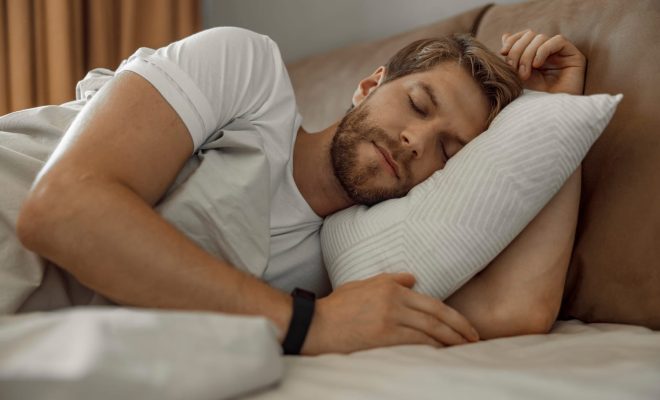The Complex Relationship Between Oversleeping and Stress

In today’s fast-paced world, stress is often considered the main culprit behind many sleep-related issues. However, according to a recent article on CNET, stress isn’t the only reason you’re oversleeping. Many factors can contribute to oversleeping, ranging from physical health conditions to lifestyle choices.
Chronic medical conditions such as depression, sleep apnea, and narcolepsy are major causes of oversleeping. Depression affects the body’s internal clock and can make it difficult for an individual to wake up feeling refreshed, leading to excessive sleep durations. Further, sleep apnea impairs a person’s breathing during sleep, causing them to wake up multiple times throughout the night. This fragmented sleep can lead to excessive sleeping hours as the individual attempts to compensate for lost rest. Narcolepsy is another medical condition that triggers involuntary bouts of overwhelming daytime sleepiness.
In addition to these medical causes, lifestyle choices and poor sleep hygiene also affect oversleeping habits. Excessive use of technology or consuming too much caffeine before bedtime can interfere with falling asleep or staying asleep through the night, forcing an individual’s body to make up for lost rest by oversleeping. Irregular work schedules – such as working late-night or rotating shifts – disrupt the body’s natural circadian rhythms and can trigger excessive sleep.
Moreover, substance use can have a profound impact on sleep patterns. Alcohol consumption may seem like an effective way to fall asleep faster; however, once it gets metabolized in the body, it disrupts natural sleeping cycles and can cause people to wake up earlier than expected or experience restless sleep which then leads to oversleeping.
While finding ways to minimize stress is crucial in maintaining healthy sleeping habits, addressing the various factors contributing to oversleeping should not be overlooked. Some ways that individuals can improve their sleep may include seeking treatment or support for underlying health conditions, creating a consistent sleep schedule, practicing good sleep hygiene, and avoiding excessive caffeine or alcohol consumption close to bedtime. By addressing these factors along with managing stress, individuals can establish a balanced and restorative sleep routine that leaves them feeling refreshed and ready for the day ahead.






